To deepen the reform of undergraduate education and teaching, promote interdisciplinary integration, further enhance the auxiliary role of AI in practical teaching, and cultivate students' innovative practical abilities and comprehensive literacy to solve complex problems, the School of Information carried out the collection of interdisciplinary project-based practical courses and the application work for AI-assisted practical teaching reform. On the afternoon of April 27, 2025, the College Teaching Steering Committee convened an evaluation meeting to review relevant projects. The meeting was chaired by Li Dazi, the Vice Dean of Teaching, and was attended by members of the Teaching Steering Committee and responsible persons of relevant projects.
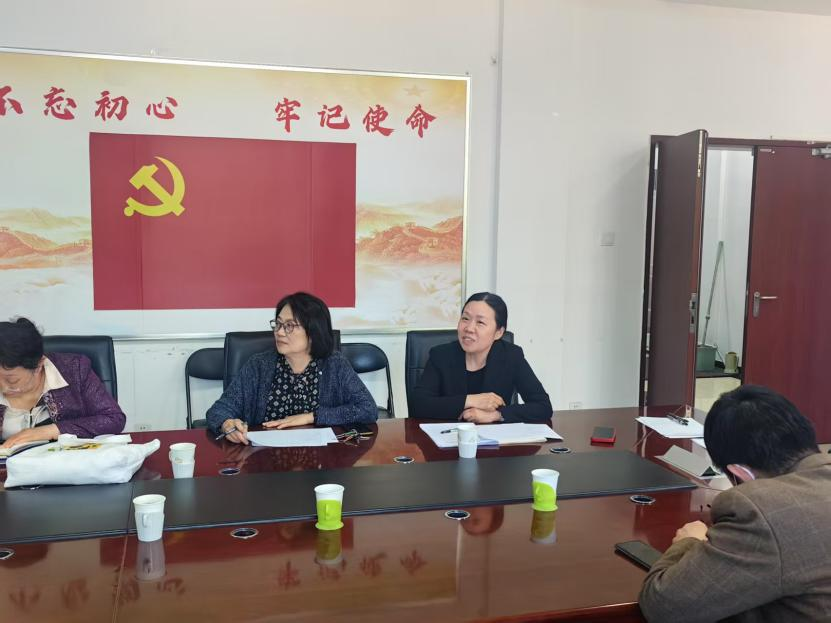
At the meeting, Li Dazi, Vice Dean of Teaching at the College of Information Science and Technology, first noted that since the 21st century, information technologies such as the Internet, big data, and cloud computing have developed rapidly. In particular, since 2022, artificial intelligence (AI) technology has made significant breakthroughs, with generative AI emerging suddenly. The powerful capability of AI to automatically generate content has attracted widespread attention. From the perspective of talent cultivation models, AI will bring about drastic changes or even subversive transformations to educational concepts, contents, scenarios, methods, and evaluations. She emphasized that undergraduate practical teaching is a crucial link in cultivating students' innovative abilities. Practical teaching should be fully integrated with AI technologies such as virtual simulation technology and large language models to deepen teaching reform and leverage AI technology to assist in improving the quality of practical teaching. Meanwhile, it is necessary to vigorously promote interdisciplinary integration, break down disciplinary barriers, integrate knowledge, methods, and technologies from multiple disciplines, and cultivate students' innovative practical abilities and comprehensive literacy to solve complex problems.
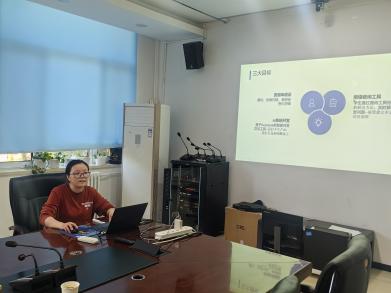
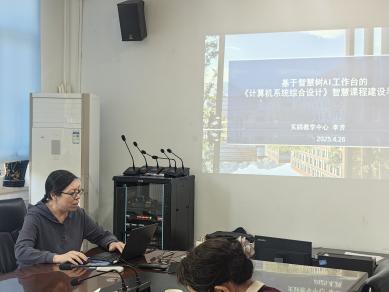
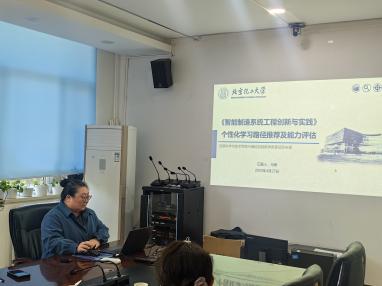
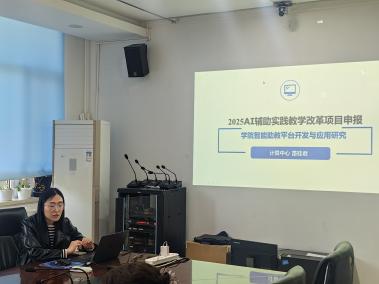
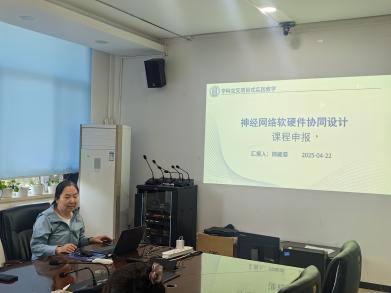
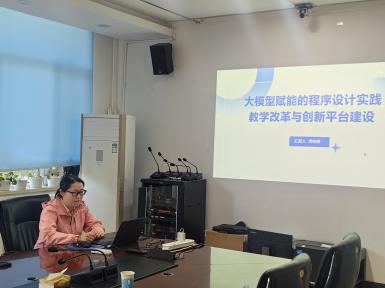
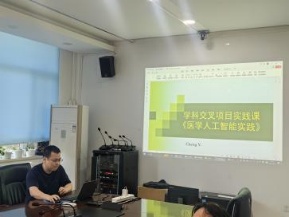
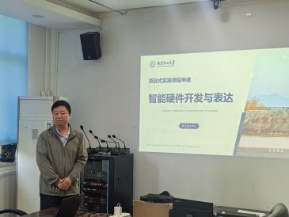
Next, the persons in charge of the AI-assisted practical teaching reform projects reported on the concepts, goals, measures, and expected outcomes of the applied projects. Each project makes full use of course digital materials to enrich the resource library, constructs AI smart courses by using intelligent question-answering systems and large language models, establishes course knowledge graphs to realize personalized capabilities and learning paths, and implements a closed-loop teaching optimization evaluation system.
The persons in charge of interdisciplinary project-based practical teaching courses reported on course positioning, goals, teaching design, etc. In the reporting process, each person in charge fully reflected the course objectives in enhancing students' interdisciplinary thinking, team collaboration, and practical innovation capabilities. Taking real problems or practical projects as the carrier, they aim to build innovative, practical, and challenging project-based courses.
At the end of the meeting, the College Teaching Steering Committee deliberated on the reported projects and courses. The Committee first affirmed the feasibility and innovation of the applied projects and courses by each person in charge and provided guiding opinions. The Committee hopes that each person in charge will fully leverage AI technology to promote the intelligent upgrading of the practical teaching system, focus on solving problems such as insufficient resources, single evaluation, and lack of personalized guidance in traditional practical teaching, and construct a new practical teaching model combining virtual and real scenarios, driven by data, and dynamically optimized to cultivate students' innovative and practical abilities.
